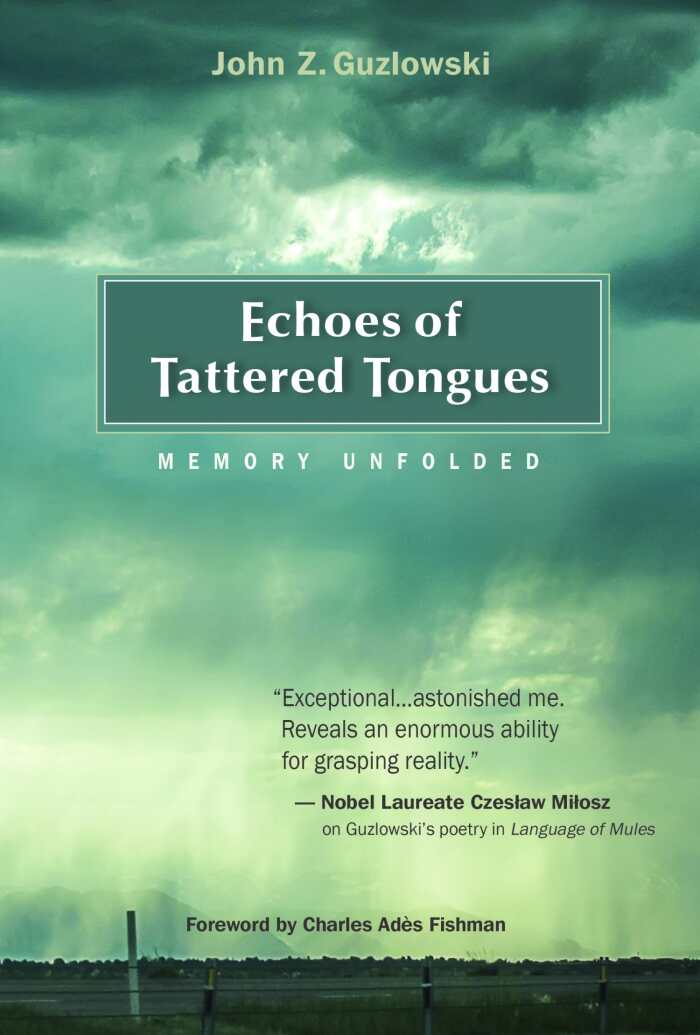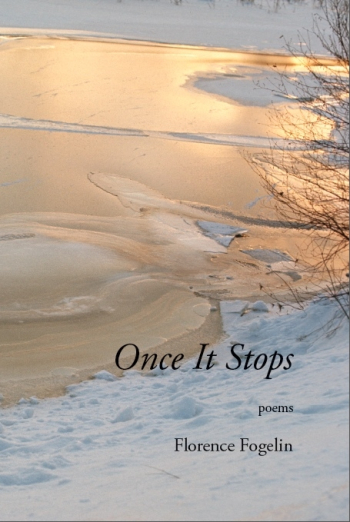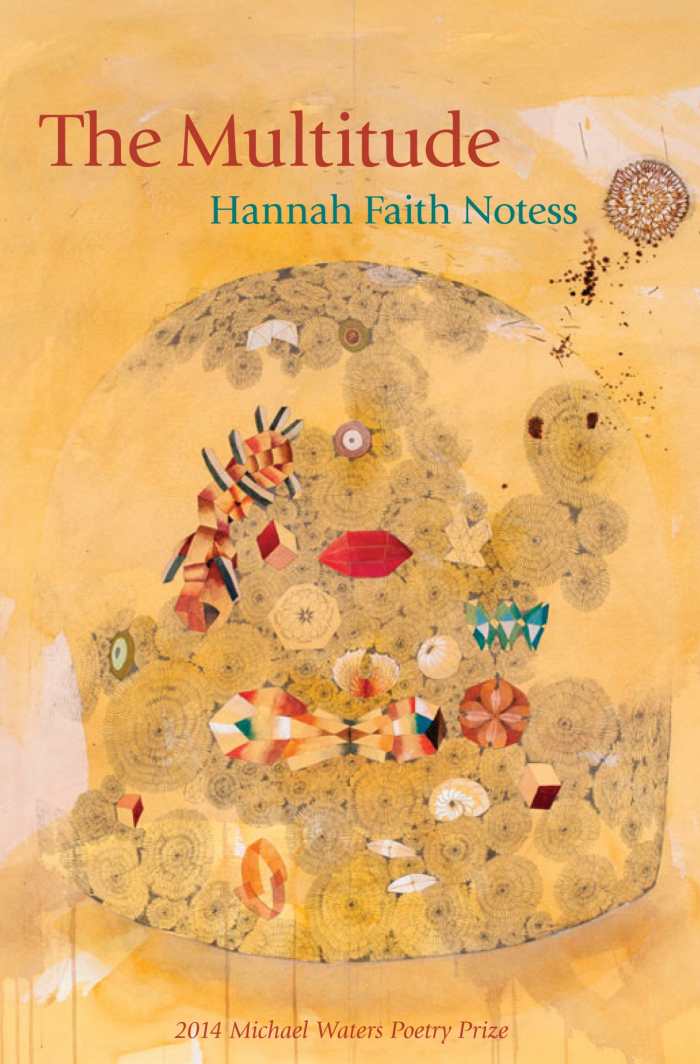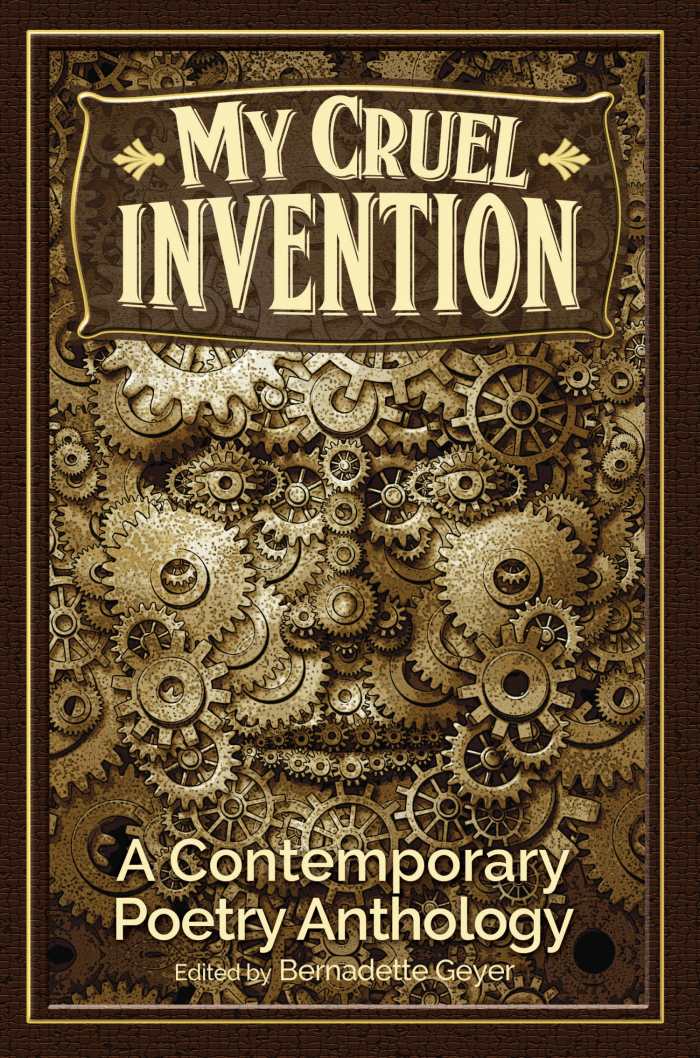A Few Lines from Spring 2016
It takes talent to distill a grand idea down to a single sentence, and a particular kind of precision to make such sentences sing. The poets featured in our Spring Issue produce astounding lines; enjoy their collections!
Prospect/Refuge

Elaine Sexton
Sheep Meadow
Softcover $17.95 (68pp)
978-1-937679-53-8
From one line, one poem, to the next, Elaine Sexton solidifies her undisputed ranking as one of America’s best working poets. The author of two previous collections, and a contributor to dozens of poetry journals, she’s known as Professor Sexton to poetry students at Sarah Lawrence College and New York University.
Laugh Track
My neighbor laughs, then
I laugh.
I’ve been swayed
to know second-hand that
was funny.
I get what he got.
I take what a stranger
took in, and let out,
all this energy-air.
In, out. It tracks.
I hear but don’t see (on t.v.)
c a n n e d laughter, an invisible
humming around my head,
an electronic inhale,
this is amusing, this is when.
MATT SUTHERLAND (February 29, 2016)
Steal It Back

Sandra Simonds
Saturnalia Books
Softcover $15.00 (96pp)
978-0-9915454-9-0
Buy: Local Bookstore (Bookshop)
The riffing, run-at-the-mouth quality of Sandra Simonds’s acerbic, indulgent work is exactly the style to broaden contemporary poetry’s appeal. The author of three previous collections, Simonds teaches English and Humanities at Thomas University in Georgia.
Some sort of giantess shot out of the lake with a yellow feather attached to her big toe.
Made me want to drink and listen to country music even though I’m pregnant.
Have I become this Southern and trashy? Can the paw of a tulip grow
from the mouth of a dead dog? Oh little shepherd boy
of the valley, Oh little Christian checkout boy,
Oh little green apron boy with the crappy gray eyes, let’s watch
the sunrise over Georgia. Gave poetry book I hate five stars on Goodreads; I am
such a liar!
What if I step on a syringe and get a disease?
Who’s going to give me a lot of money so I can quit my day job and write this poetry?
A log truck rolled over on my commute
and out spilled the lake trying to communicate by
dragging her circular pilgrims underwater.
MATT SUTHERLAND (February 29, 2016)
Echoes of Tattered Tongues
Memory Unfolded

John Z. Guzlowski
Aquila Polonica
Hardcover $21.95 (176pp)
978-1-60772-021-8
Buy: Local Bookstore (Bookshop)
The son of two Nazi concentration camp prisoners, John Guzlowski was born in a Displaced Persons camp and immigrated to Chicago with his little sister and Polish mother and father shortly after WWII. This devastating, one-of-a-kind collection uses poems and short essays to reveal unspeakable moments from his parents’ wartime experiences, and the less-than-open arms America mostly extended to millions of families fleeing the ruins of Europe.
A Life Story
She was born
in a concentration camp
in 1944. She was one pound
eight ounces. She was
a leaf of grass. She was lovely.
She was born dreaming
her mother’s dream
of flying like a robin
through the sky and eating
everything that was pure
and good and golden.
And then the women guards
smashed her into the wall
and wrapped her in newspaper
and threw her in the garbage
with the others.
MATT SUTHERLAND (February 29, 2016)
Once It Stops
Poems

Florence Fogelin
Deerbrook Editions
Softcover $16.95 (80pp)
978-0-9904287-7-0
Wise, worldly, and deft at connecting unlikely yet fascinating topics—perhaps as a reminder that poetry has no problem with String Theory—Florence Fogelin is a graduate of Duke, with a master’s from Yale. Her poems have appeared in numerous prestigious journals over many years, including Poet Lore, the Cumberland Poetry Review, and The Lyric.
Coming up Threes
Your eyes are seriously blue,
so when you locked your gaze on me and,
less than three months old,
wouldn’t let me look away,
I wondered if they’d keep their claim
on me and on the sky.
Now you’re three, well-traveled,
word- and worldly-wise.
I cannot see myself in you:
you’re a boy,
my eyes are almost green.
Seven decades separate the two of us,
but we agree that the world is of serious interest.
Watching apples growing on a tree,
Watching them fall. Counting to three.
MATT SUTHERLAND (February 29, 2016)
The Multitude

Hannah Faith Notess
Southern Indiana Review Press
Unknown
978-1-930508-33-0
God save the poets who wield a prose writer’s gift for language and clarity: Yes, you, Hannah Faith Notess, your voice is immediately felt, thoughtful, and concise. The author of a chapbook (Ghost House) and memoir (Jesus Girls: True Tales of Growing Up Female and Evangelical), Notess is an editor for Response magazine.
Compliment
You said my naked back looked strong to you.
My sloped, hunched shoulders flickered in my brain,
but then I thought of the junior high girl
I briefly became-who cut the pictures out
of her ballet books, who rewound the tape
of Fonteyn draping her back like silk across
Nureyev’s arm, then turned her own small back
to the bathroom mirror. Every variation
of that shape she could think of, she practiced,
till her muscles tensed like twisted swing chains
on the playground. Unwound, stretched to her limit,
she pushed against the future and reached me,
her future. I arched my back, a bridge to her,
and said, half to her, half to you, Thank you.
MATT SUTHERLAND (February 29, 2016)
My Cruel Invention
A Contemporary Poetry Anthology

Bernadette Geyer, editor
Meerkat Press
Softcover $16.99 (130pp)
978-0-9966262-0-0
Buy: Local Bookstore (Bookshop)
It’s true, the mother of invention might scoff at this delightful collection as being wholly unnecessary, but the rest of us will only marvel at the sixty-two poems focused on inventors and inventions—clocks, IUDs, safety pins, chemotherapy, pantyhose, among them.
A Fable (from the Journal of Chemical Ecology)
J.G. McClure
In the beginning there were rough-skinned newts
and snakes who wanted to eat them.
So the newts grew toxic. And the snakes
became immune. The newts grew more toxic,
the snakes more immune, until one newt
could kill a hundred men, and no snakes.
Some time later, man invented the coffeepot.
In 1927, the bodies of three hunters were found
around a pot in which a newt had drowned.
The newt was studied. The hunters were buried.
What happened to the coffee is not recorded,
but most likely it was dumped at the camp
where snakes came from under rocks
to smell it, to tongue it, and at last to leave-
disappointed the coffee was not a poison newt.
MATT SUTHERLAND (February 29, 2016)
Matt Sutherland

